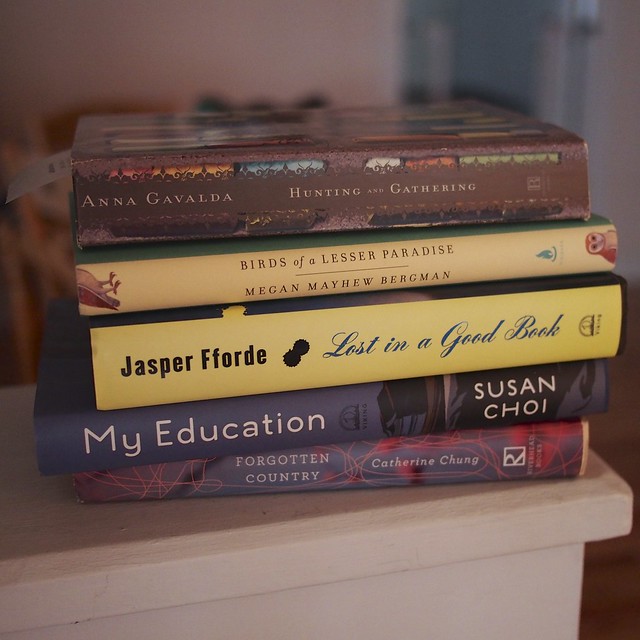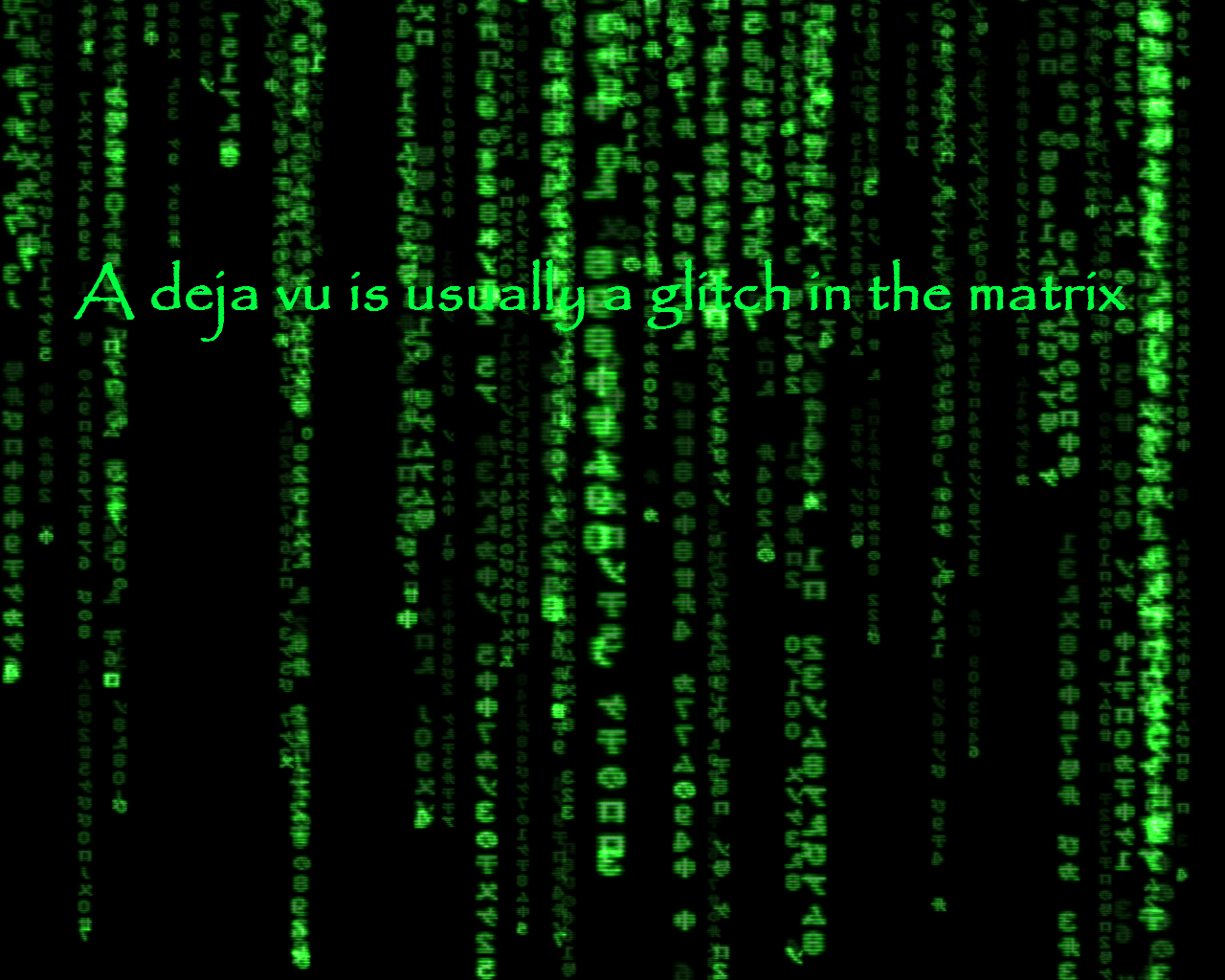My Education by Susan Choi was my favorite read this summer, and possibly one of my favorites for the year so far...
...And I started writing this in AUGUST so it was still going to be summer when I posted this, but now it's nearly WINTER (WHAT? WHAT?) and I thus prove my bum-ness in book blogging in 2013. Apologies. Between the co-conspirator's workaholicness and my semipromotion that involves a whole lot more talking to people (sucking out all my introverted energy reserves) and the needy critter posse at the home, I just haven't had the time & inclination simultaneously.
Still, despite the dropping temperatures, you should pick up this book. Probably. Well:
Get thee to a book store or library and pick up a copy to read if:
- You can relate to the passion of young, obsessive love but have attained enough distance from it that gives you maturity and clarity.
- You don't mind (or possibly are looking for) a little sexiness in your literature, but in a well-written, non gray-shaded sort of way.
- You're looking for some smart, mostly likable but tragically flawed intellectual characters to befriend in your imagination.
- You find yourself nostalgic for your university days & want to relive a little of your experience without the hardship, or you want to feel better about not totally destroying your life while you were at it.
- You just want to read something contemporary, frank and smart, pre-social networking.
Perhaps avoid this one if:
- You are looking for a high-stakes espionage thriller. This is not that.
- Gay marriage makes you queasy. Which likely means gay makes you queasy. Which probably also means
- You're really prudish, or maybe you're trying to maintain your prudish image despite the fact that you're actually human.
- You prefer your plots like some people prefer their whiskey: neat and to the point.
- You hate intellectuals.
Thanks to NetGalley and the publisher for providing an ebook copy to review, though I enjoyed it so much I did go out and buy it. Because I have a book-owning sickness.









.JPG)
















